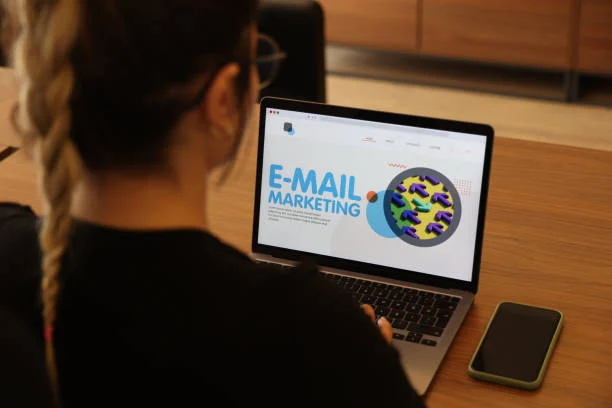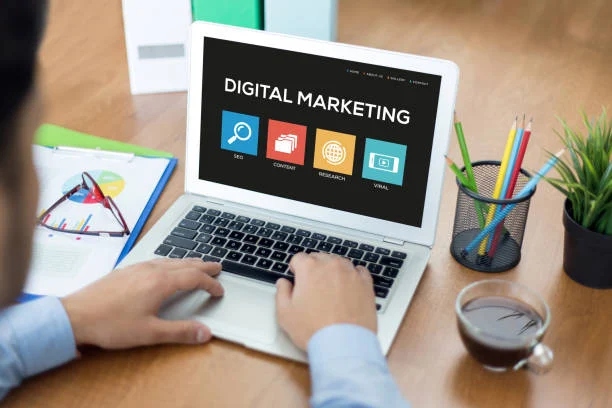The Experiment: Allowing AI to Control Our Ads
Being a digital marketing agency specializing in lead-driven content marketing strategies and business growth solutions, we’re constantly experimenting with new tools to optimize performance. Recently, we set out to test an experiment: allowing AI to control our ad campaigns for a week.
No human touch—only AI-optimized targeting, ad copy, and optimization. What happened? Honestly, they were eye-opening.
Why We Experimented with AI-Driven Ads
We’ve been employing AI tools for Google ranking services, speedy website optimizations, and even content generation. But advertising is different—it involves real-time tweaks, audience feedback, and creative messaging. Could AI actually beat human know-how?
We experimented with a widely popular AI ad management platform (no names to sound sales-y) that made claims:
- Automated audience targeting
- AI-created ad copy
- Real-time bid optimization
- Performance-based optimizations

The Setup: AI vs. Human Campaigns
In order to make this fair, we set up two campaigns at the same time:
- Human-Managed Campaign – We did everything, from keyword research to ad placement.
- AI-Managed Campaign – The AI tool did it all, relying on machine learning for real-time optimizations.
Both campaigns used the same budget to target the same audience—business owners in need of marketing solutions in Canada.
The Results After 7
Here’s where it got exciting.
1. Cost Per Lead (CPL) Reduced by 32%
The AI campaign produced leads more cheaply than our human-run one. It kept tweaking bids constantly, halting underperforming ads and amplifying winners—something we typically do manually.
2. Increased Click-Through Rate (CTR)
The AI-created ad copy carried a 17% bigger CTR. It tried out various variations and held onto the top-performing ones, whereas our crew worked with gut instinct.

3. Improved Audience Targeting
The AI also pointed out new high-intent audiences we hadn’t thought of, such as niche groups looking for quick-loading websites for lead generation.
4. One Major Downside: No Brand Voice
While the AI optimized for performance, some ad copies sounded generic. They lacked the personal touch we typically add when writing messages for our business marketing agency in Canada.
Key Takeaways: Should You Use AI for Ads?
- ✅ Yes, for Optimization & Efficiency
- AI is great at real-time bid optimization and audience testing.
- It can minimize ad spend waste by rapidly pausing underperformers.
- ⚠️ But Maintain Human Oversight
- AI has no brand voice and emotional resonance.
- Certain audiences react more positively to human-created storytelling.

Final Thoughts
This test demonstrated that AI can be a valuable partner in digital advertising, particularly for lead generation and cost savings. But it shouldn’t be used to completely replace human creativity.
At 7thGrowth, we currently employ AI for automated optimizations but still have our team handle strategy and messaging. The optimal outcomes result from marrying AI efficiency with human expertise.
Did you ever test AI for ads? What was your experience? Share with us in the comments!
About 7thGrowth: We’re a Canadian business marketing agency specializing in lead-driven content strategies, fast-loading websites, and Google ranking services. If you’re looking for data-backed marketing solutions, let’s talk.





